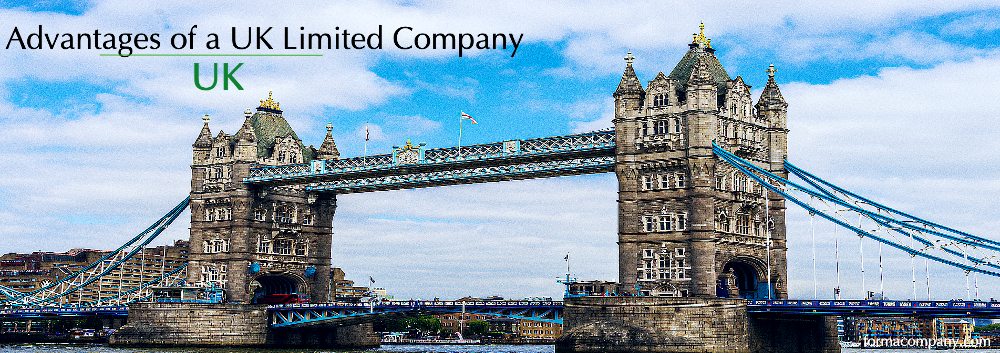Advantages of A UK Limited Company
UK Key Points
- Time – only 1 day to incorporate your company
- Cost – a UK company will cost £280
- Directors – a director is required.
- Shareholders – a minimum of one
- Corporate shareholders are permitted
- Share Capital – there are no minimum share capital requirements
- Support – using our 20 years experience we guide you throughout every step of the company formation process
Limited Liability – what does it really mean?
The principal benefit of trading as a limited company has always been the limited liability of the company’s officers and shareholders. As a sole trader or other non-limited business, personal assets can be at risk in the event of a failure of the business, but this is not the case for a limited company.
As long as the business is operated legally and within the terms of the Companies Act, the personal assets of directors or shareholders are not at risk in the event of a winding up or receivership.
Operating as a limited company often gives suppliers and customers a sense of confidence in a business. Larger organisations in particular will prefer not to deal with non-limited businesses. Also, many of the costs associated with managing and operating a limited company are not much more than with a non-limited business.
There is no obligation for a limited company to commence trading within any set time period after its incorporation. This means that the formation of a limited company is one simple and low cost method to protect a business name. Whilst this does not in itself give any rights to use of the business name, many clients incorporate companies in anticipation of future development of new businesses or in order to protect the limited company name of an existing non-limited business for the future.
Directors pay income tax and the company pays corporation tax on company profits. With the current tax rates, company profits earned and retained in the business are assessed to corporation tax at lower rates than if income tax were payable on equivalent profits earned by an unincorporated business. If a limited company becomes insolvent and is wound up, only the assets of the company are used to try to clear its debts. The officers of the company have no personal liabilities, are not made bankrupt and can freely incorporate another company. The shareholders are liable only to the extent of any unpaid shares held.
An undischarged bankrupt is forbidden to start another business or to become a director of a limited company.
Maximising the Benefits of a Limited Company
Tax Benefits
- Ensuring that your company makes pension contributions.
- Ensuring that you claim the maximum possible expenses allowable under legislation.
- Ensuring that capital equipment used in your business is purchased by you and that capital allowances are claimed.
- Ensuring that benefits in kind (insurance, health care etc.) are paid out of the company
Other considerations are:
- There are a number of other tax advantages for a limited company.
- Often it is possible to reduce the Corporation Tax, with careful planning, by making dividend payments to its shareholders, and by the use of a Company Pension Scheme.
- The company has a legal existence separate from its management and its members (the shareholders)
- Members have limited liability
- The company’s name is protected
- It has flexible borrowing powers
- The company continues despite the death, resignation or bankruptcy of management and members
- The interests and obligations of management are defined
- Appointment, retirement or removal of directors is straightforward
- It is easy to procure new shareholders and investors
- Employees can acquire shares
